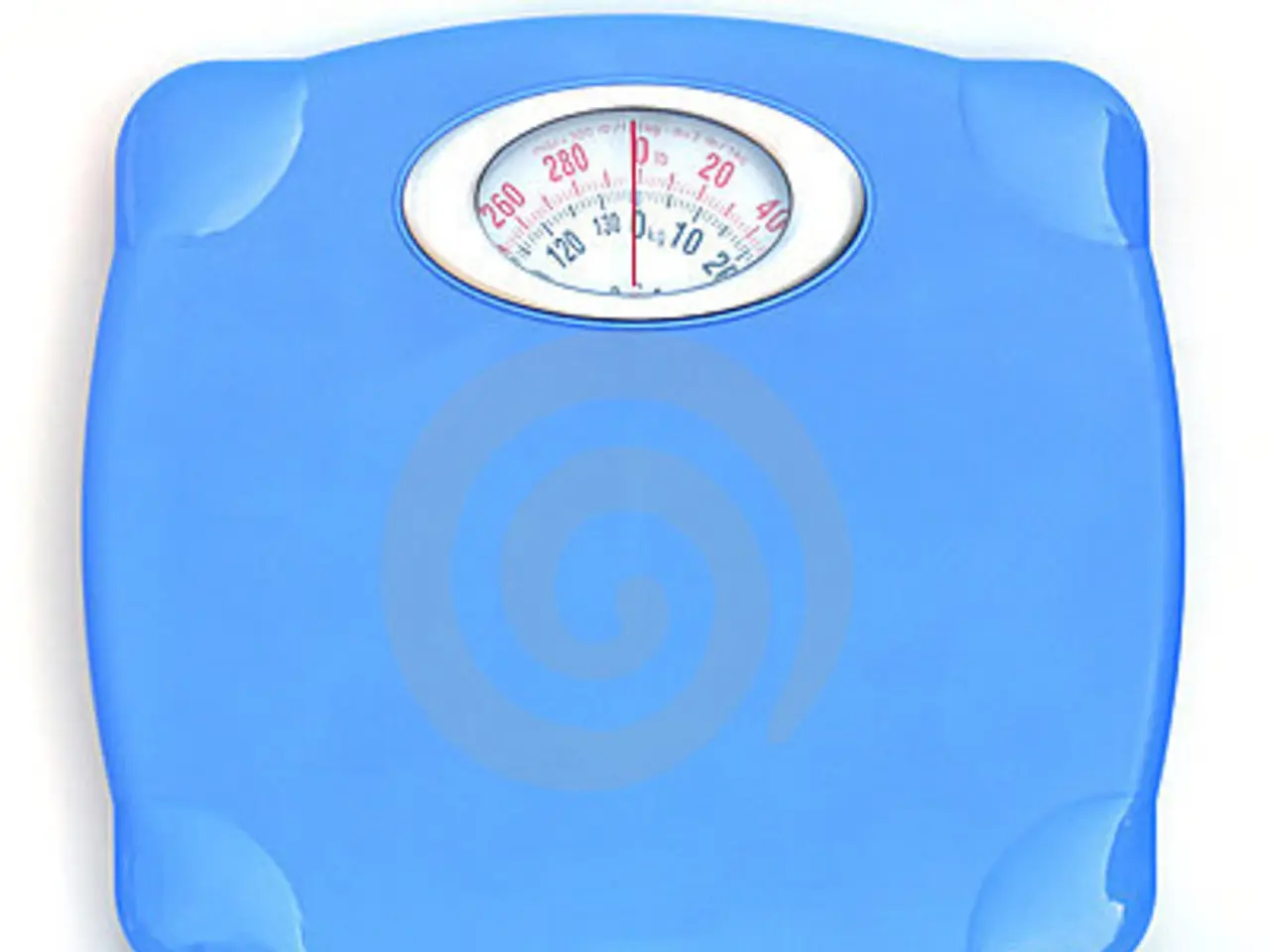Real-Time Hydration Sensor: No Blood, No Urine, Just Tap
Scientists at the University of Texas at Austin have created a groundbreaking sensor that tracks hydration levels in real-time without the need for blood or urine tests. This innovative device, which could revolutionise hydration monitoring for athletes, workers in harsh environments, and even in clinical settings, utilises bioimpedance technology. A low-intensity current passes through the user's arm tissues, with changes in water levels reflected in the current's flow. Tests involving a diuretic and 24-hour monitoring showed a close correlation between these bioimpedance changes and weight loss due to water loss.
Researchers are continuously improving the device's design, exploring options like breathable electronic tattoo sensors or sweat-absorbing devices to enhance comfort and effectiveness. The current sensor provides relative hydration levels, but future plans include establishing absolute reference values for more precise measurements.
The device has proven accurate in various tests, including during exercise and long-term monitoring. It sends data to a user-friendly app, enabling constant hydration level tracking throughout the day. This non-invasive, real-time hydration measurement system aims to make it easy for anyone to check their hydration status at any time.
The University of Texas at Austin's real-time hydration monitoring sensor offers a significant advancement in hydration tracking. With its potential applications ranging from athletics and occupational health to clinical use, this innovative technology could help prevent dehydration-related issues and improve overall health and performance.
Read also:
- Trump's SNAP reductions and New York City Council's grocery delivery legislation: Problems for city residents highlighted
- Reducing dental expenses for elderlies in Sweden: Over 50% cut in charges for pensioners by the government
- Forty-year-old diet: A list of meal choices to savor
- Exiled Life's Conundrum: A Blend of Liberation, Disillusionment, and Distress





